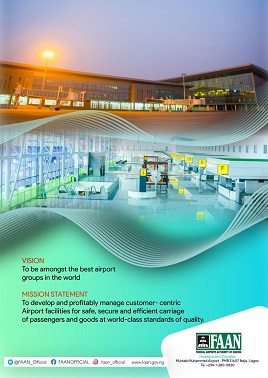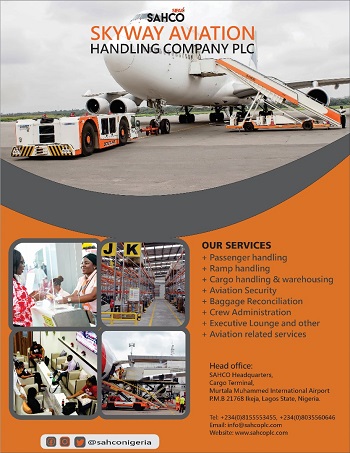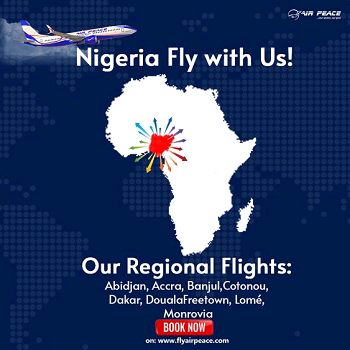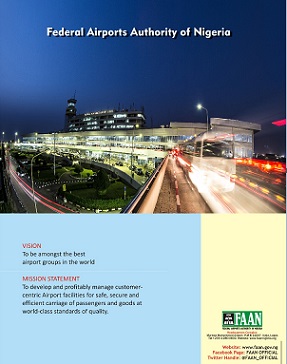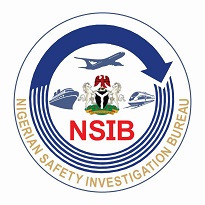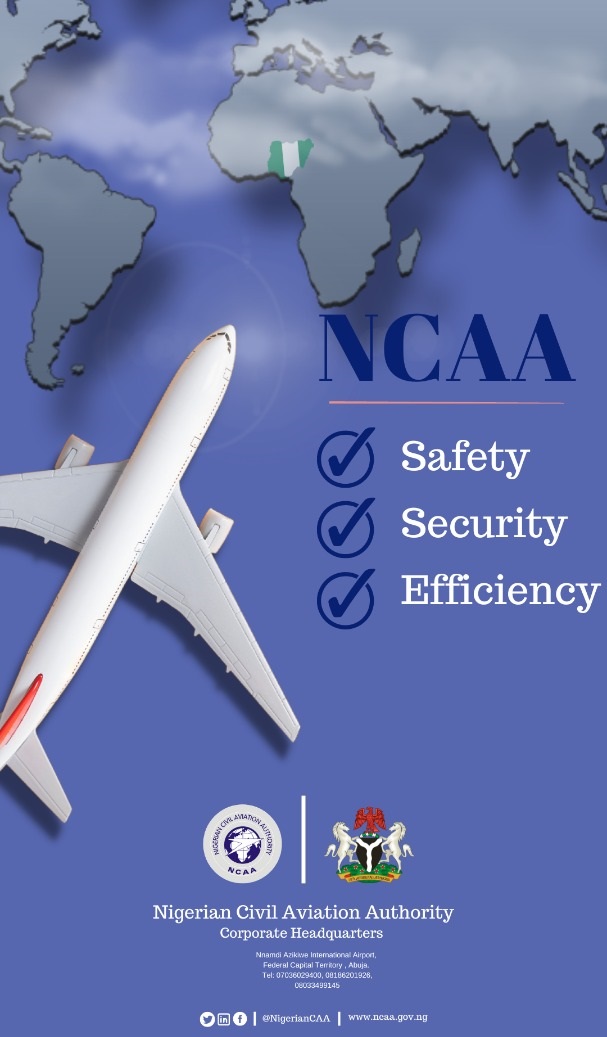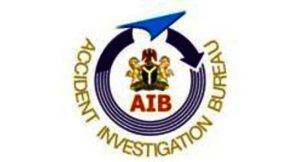
To survive the imminent collapse occasioned by the negative impacts of coronavirus COVID-19 pandemic, airline operators and business organizations in the Nigerian aviation industry have been told to tap into the opportunities offer by the African Development Bank (AfDB) and other financial institutions on the continent.
Airline operators were also advised to align their business plans with the Management System (SMS) in order to prevent closing their businesses early.
Besides, stakeholders in the sector have also canvassed for crowd control at accident sites, saying that this posed serious threat to rescue and gathering of data for accident investigation by investigating body.
These were some of issues contained in a communiqué issued at the end of a one day Nigerian Aviation Workshop Symposium (NAWS) 2020 held on Tuesday in Abuja.
The symposium with the theme: ‘A Safety Management System Approach to Responses to Aviation Accidents and Incidents within Nigerian Airspace,” was organised by Accident Investigation Bureau (AIB).
Participants at the symposium said that lack of SMS in most aviation organisations, especially among airlines led to their early exit from business; stressing that adoption of SMS would aid survival in case such an organization experiences crisis.
The participants also canvassed for creation of aviation information portal, which would help in tracking and ensuring accountability of airport personnel and their locations.

According to them, regular training for the emergency personnel in various organizations and consistent public awareness in partnership with local governments and communities would also go a long way in ensuring sustenance of safety in the system.
They further charged airline operators, service providers and others to encourage a culture of voluntary or confidential reporting system in their organization in order to boost confidence in the sector.
The communiqué added, “They should model their organisations after a generative type having a ‘just’ culture, which promotes self-reporting by personnel. They should avoid being a pathological organisation, which would invariably discourage reporting.
“Every agency has a role to play in aviation emergency. Each role must be delineated to avoid duplication and undue overlap. The need for training, therefore, cannot be over emphasised. As such, each agency should assess courses and detail its personnel to undertake such courses. Ultimately, this would also promote harmonious working relationship between agencies.”
Earlier, Engr. Akin Olateru, the Commissioner, AIB in his opening remarks, noted that the objective of safety management in the aviation industry was to prevent human injury or loss of life, to avoid damage to the environment and property.
Olateru declared that safety in the aviation industry could not be over-emphasised, noting that AIB’s mandate was to investigate aircraft accidents, serious incidents that occur within the Nigerian airspace or anywhere else the country’s interest was affected.
He noted that investigating accidents in order to forestall future reoccurrence was very important in promoting safety, adding that having systems in place to mitigate risks and promote safety was equally vital.
He added: “The primary aim of NAWS 2020 today is to provide the Nigerian aviation industry workforce and stakeholders with a systematic approach compliant with the aviation regulations and laws of the state of Nigeria while responding to aviation accidents and incidents as well as disaster recovery.
He explained that the bureau has entered into Memorandum of Understanding (MoU) with Nigerian Airspace Management Agency (NAMA), Nigeria Air Force (NAF), Universities of Ilorin and Lagos, among others.


